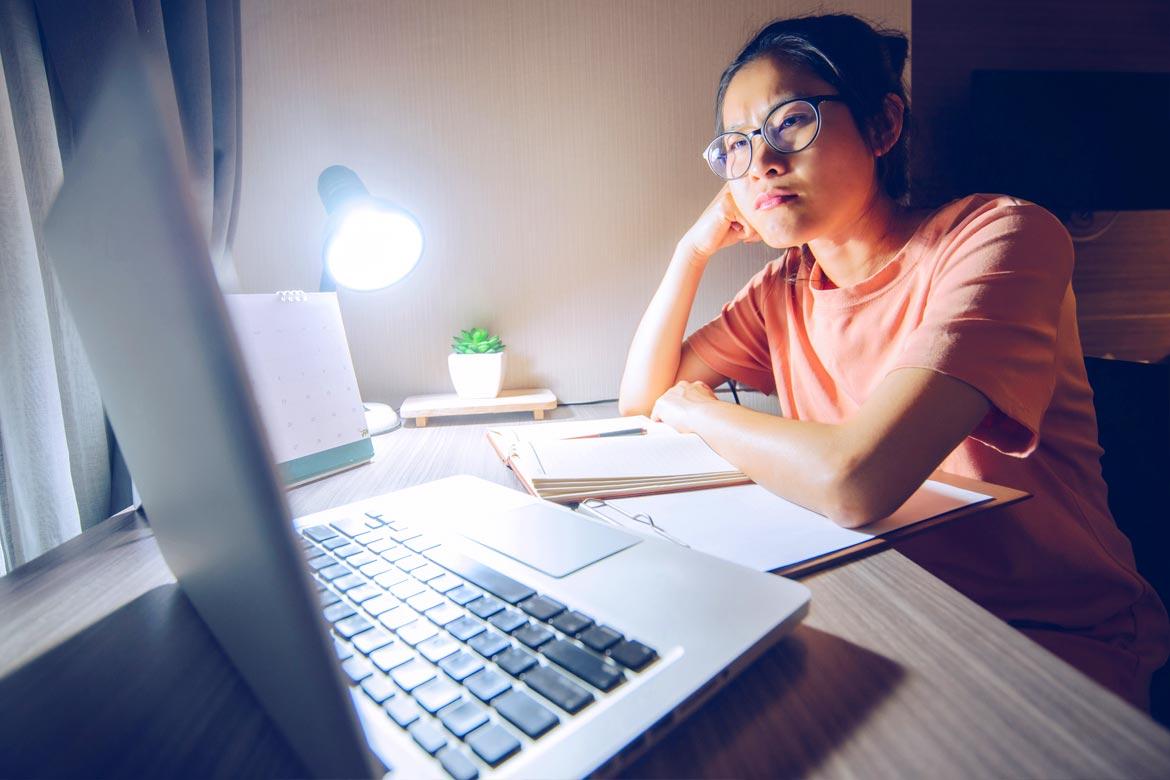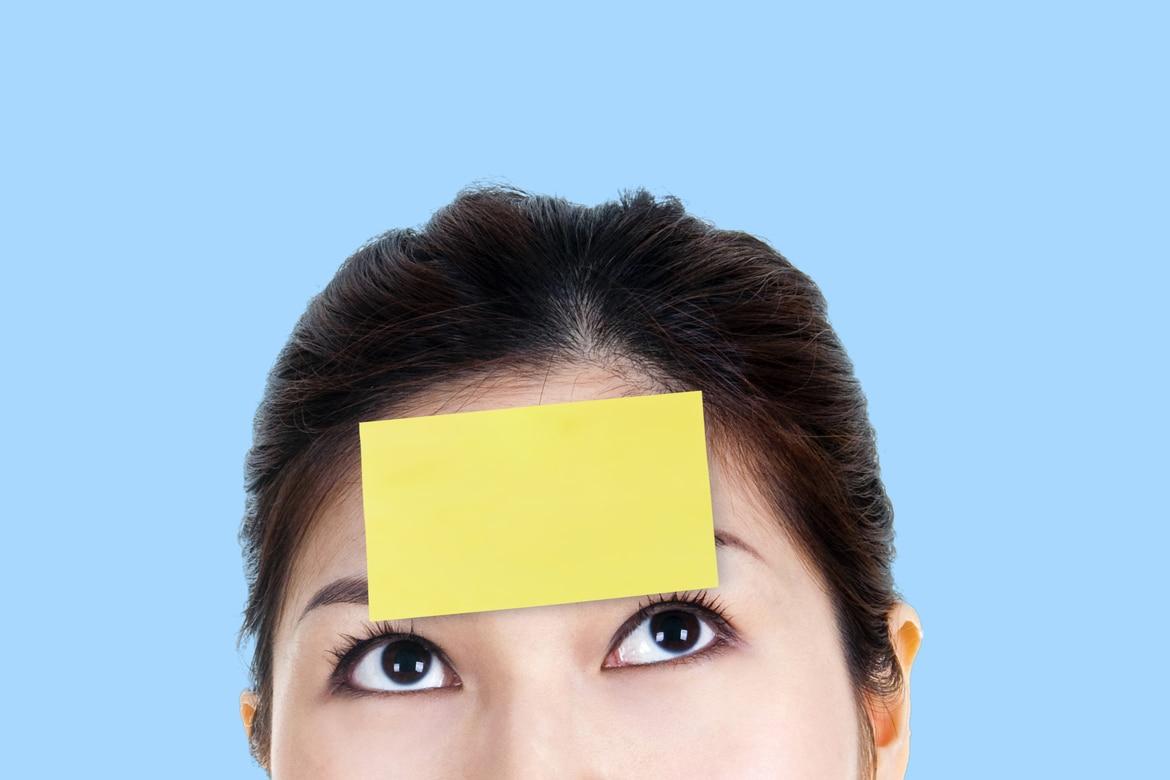-
-
Featured Care Areas

Spinal Headaches
What is a spinal headache?
A spinal headache, also known as a post-dural puncture headache, occurs when cerebrospinal fluid leaks out of the meninges (the layers of tissue covering the brain and spinal cord) following a spinal tap (lumbar puncture) or epidural anaesthesia.
This leakage reduces the fluid pressure around the brain and spinal cord, leading to a headache that typically worsens when sitting or standing and improves when lying down.
Types of spinal headaches
There are two types of spinal headaches, classified based on the cause and onset:
- Acute spinal headache refers to a spinal headache that happens after a procedure involving a spinal puncture, such as a lumbar puncture or epidural.
- Chronic spinal headache refers to a rare form of spinal headache that may persist or recur over a longer period, particularly if the cerebrospinal fluid leak is not resolved.
What are the symptoms of a spinal headache?
Spinal headaches typically develop within 1 to 2 days after the procedure, but they can sometimes take up to a week to appear. Symptoms of a spinal headache include:
- A severe, dull, throbbing headache that typically worsens when upright and improves when lying down
- Pain that can radiate to the neck and shoulders
- Nausea and vomiting
- Sensitivity to light (photophobia)
- Dizziness or vertigo
- Tinnitus (ringing in the ears)
- Visual disturbances, such as blurred vision
When to seek medical attention?
You should seek medical attention if:
- You experience a severe headache following a spinal procedure
- The headache persists or worsens over time
- Over-the-counter pain relievers do not alleviate the headache
- You have additional symptoms such as fever, neck stiffness, or vision changes
- You feel confused or disoriented
When to visit an urgent care centre?
Visit an urgent care centre if:
- You have a sudden, severe headache that is different from your usual headaches
- The headache is accompanied by confusion, seizures, or loss of consciousness
- You experience severe neck stiffness, fever, or signs of infection
- You experience sudden numbness or weakness in any part of your body
- The headache is significantly affecting your daily activities and well-being
What causes a spinal headache?
A spinal headache is caused by a decrease in intracranial pressure due to a continued leak of cerebrospinal fluid at the site of a spinal puncture. This can occur after procedures such as:
- Lumbar puncture (spinal tap)
- Epidural anaesthesia or analgesia
- Spinal surgery or trauma
The leak allows cerebrospinal fluid to escape, reducing the cushioning effect around the brain and spinal cord and causing the characteristic headache.
What are the complications of a spinal headache?
If left untreated, a spinal headache can lead to several complications:
- Persistent pain and discomfort
- Difficulty performing daily activities due to severe headache
- Increased risk of dehydration and associated symptoms due to nausea and vomiting
- Potential for chronic headache if the cerebrospinal fluid leak is not resolved
- Pain from a headache can make it difficult to fall asleep or stay asleep, leading to fatigue and daytime sleepiness
- Rarely, more serious complications such as meningitis, subdural haematoma, or infection
How do you prevent a spinal headache?
Preventing spinal headaches involves careful technique during spinal procedures and postoperative care:
- Proper needle technique, using smaller gauge needles and appropriate techniques during spinal punctures, can reduce the risk of CSF leakage.
- Ensuring adequate hydration before and after the procedure.
- Remaining in a lying position for a period after the procedure may help reduce the risk of a headache.
- In cases where a spinal headache occurs, an epidural blood patch (injecting a small amount of the patient’s blood into the epidural space) can help seal the leak and prevent further headaches.
This page has been reviewed by our medical content reviewers.
Need help?
For enquiries, please call
+65 6377 3737
For appointment bookings, please WhatsApp
+65 8111 3777








